Advanced Data Security: Safeguarding Your Business In The Digital Age
VISTA InfoSec
JUNE 18, 2024
As cyber threats evolve, safeguarding your organization’s data has become an utmost priority. Whether you’re a small business owner, a corporate leader, or an Information and Communication Technology (ICT) specialist, the consequences of a data breach are severe and far-reaching.



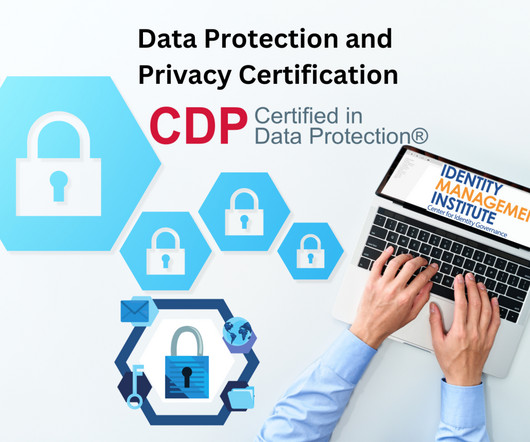
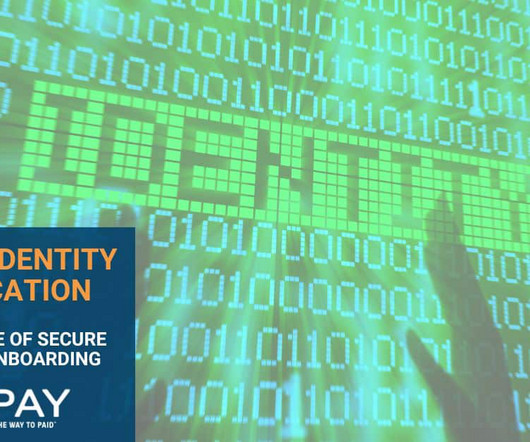
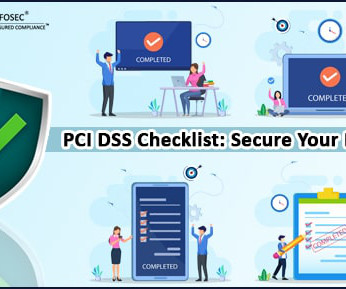
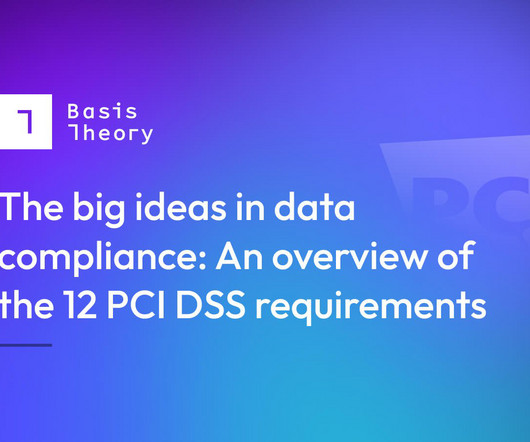

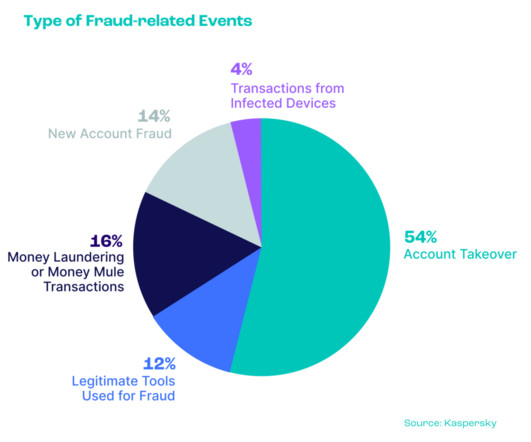
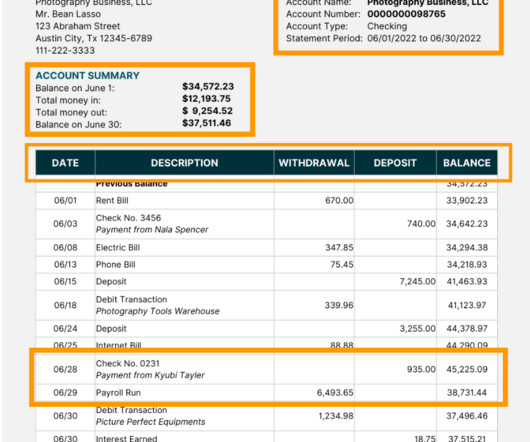






Let's personalize your content